To celebrate the October 13th release of my forthcoming debut novel, King of Shards, I will be featuring one new blog entry a day about a different Judaic myth for 36 days. Today is Yom Kippur. G’mar hatimah tovah! May you be sealed for a good year! Today’s entry is on The Transmigration of Souls
Day 16: The Transmigration of Souls
When a person dies, his soul lives on, and he is reborn in a new body. The righteous are reborn up to a thousand times, each time purifying themselves of the trail of sins they have left behind. But the unjust are reborn only three times. This is because those who are learned in Torah are prevented from entering Gehenna, where sins are purified through punishments. But the wicked enter Gehenna much sooner due to their baser nature.
The righteous are reborn enough times so that they might fulfill the 613 biblical commandments, rectifying themselves and the world in the process, and participating directly in the Tikkun Olam, or repairing of the world. As the soul is perfected, so is the world itself. We call this cycle of death and rebirth Gilgul.
Occasionally, some souls never find their way back to the cycle of birth and deah. They get caught in ocean currents and trapped inside fish. Flying across land they pass through fruit-bearing trees and get stuck in the fruits or get caught in the guts of animals. If these animals are then eaten without proper blessings and care, woe to these trapped souls, for their suffering will not end till the End of Days. And sometimes these lost souls find a human to inhabit, and take possession of him or her. We call these possessing spirits dybbuks.
The Myth’s Origins
Metempsychosis, or reincarnation, is not a central belief in Judaism. However, central to Jewish thought is the belief of the resurrection of the dead in the Messianic era. Beginning with the Safed kabbalists in the 16th century, through the work of Rabbi Isaac Luria, the Ari, and his student, Rabbi Chaim Vital. the notion of gilgul became prominent in Hasidic thought. These rabbis taught that reincarnation wasn’t punishment for sin or a reward for justice, but simply God allowing each soul to go through its process of perfecting itself. Through the lens of reincarnation, Tikkun Olam, the notion that the Creation is unfinished and it is the righteous person’s duty to “repair” the world through justice, is seen as one more step on this process. The microcosmic soul is seen as a parallel of the larger universe. We each were created flawed, but through successive lifetimes we perfect ourselves.
The ultimate goal is to be freed from this cycle to reunite permanently with God, not as his children, but as partners in creation. Gilgul, or reincarnation, is thus an expression of divine compassion.
Some Thoughts on the Myth
This is clearly Judaism borrowing from other traditions. Reincarnation, central to both Buddhism and Hinduism, doesn’t appear in Judaism until a 16th century mystical group elaborates the esoteric process. The word gilgul literally means wheel or cycle, and is a direct analog to the Eastern notion of Samsara. Even the complex process of rebirth roughly mirrors in ways the Buddhist concept of bardos, or realms the souls traverse after death. It seems these rabbis incorporated ideas that were widely available at the time into the folds of their belief system.
I’ve always felt that reincarnation answers the problem, at least in part, of theodicy. How does God permit the existence of evil in the world? To the Kabbalists, evil is the result of our imperfect world. Evil is refusing to tikkun olam, to repair the world through acts of righteousness, and instead performing acts of wickedness to further distance the world from its perfection and the Messianic era. But what of the child who sickens and dies at a young age? What about the wicked man who attains great wealth via other people’s suffering and never atones nor repents for his sins? What about the person who suffers from mental illness and can never lead a full life? Reincarnation says that these people, both the innocent killed too young, and the wicked who receives no punishment, the mentally ill, will be reborn again. This was all temporary.
Yet the Judaic version of this myth states that rebirth is not personal karma playing out over cosmic time, but a way to allow human to perfect or repair themselves over successive lives. It’s a version of divine compassion. This supposes that what happens to individuals during their life is their fault, that we are always able to perfect ourselves. But often what befalls us is by pure chance, or results from the actions of others. A sick child who dies young is not responsible for her illness, so giving that soul another change to perfect herself seems as if the blame for the illness falls on the child. If each life is a chance for us to perfect ourselves, what of the lives that are cut short before they have such a chance? It seems to me that the myth of gilgul doesn’t answer that question.
Tomorrow’s Myth: The Priestly Blessing and Spock
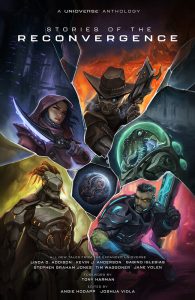



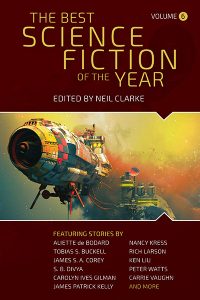



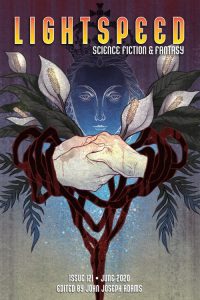
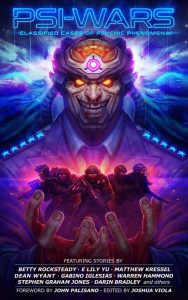




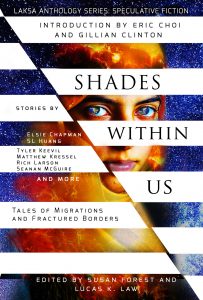














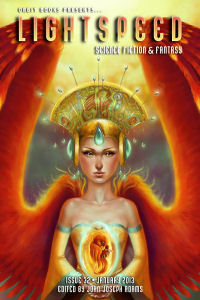





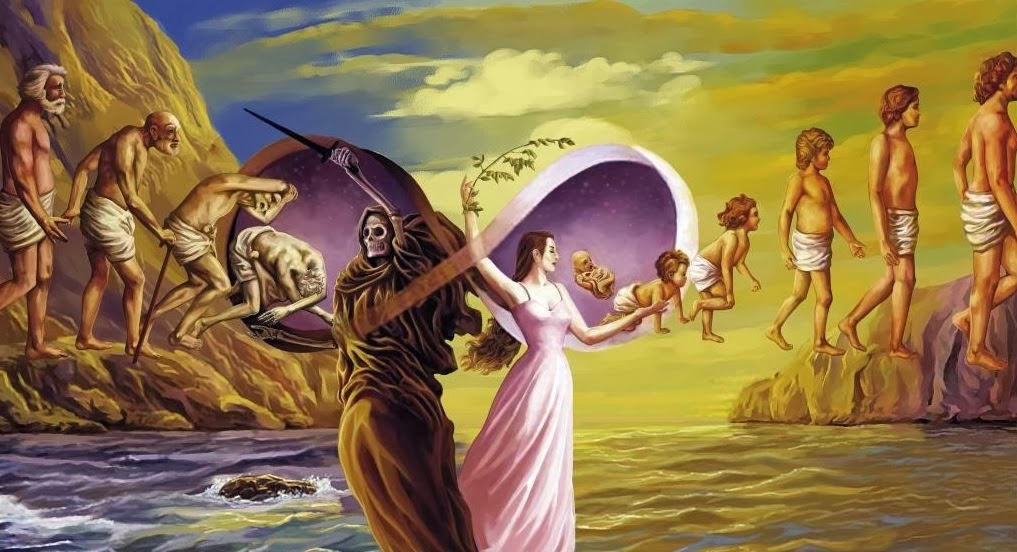


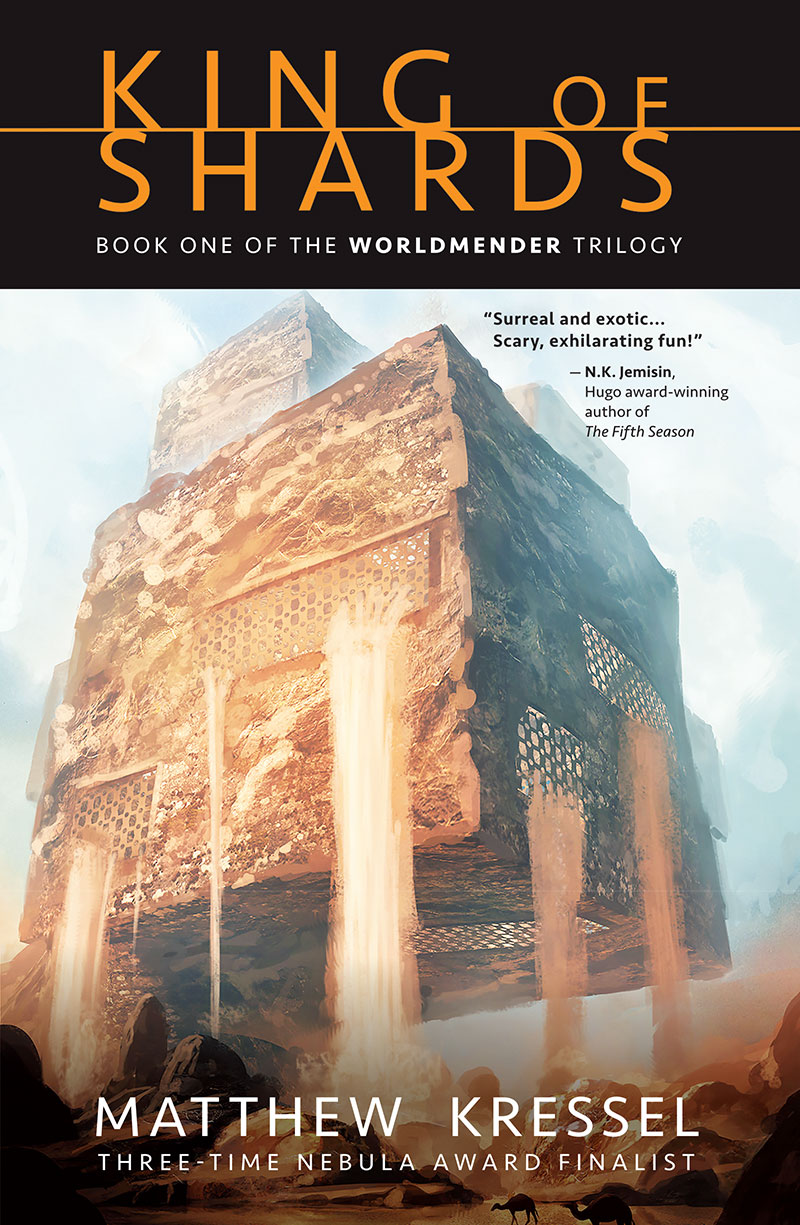
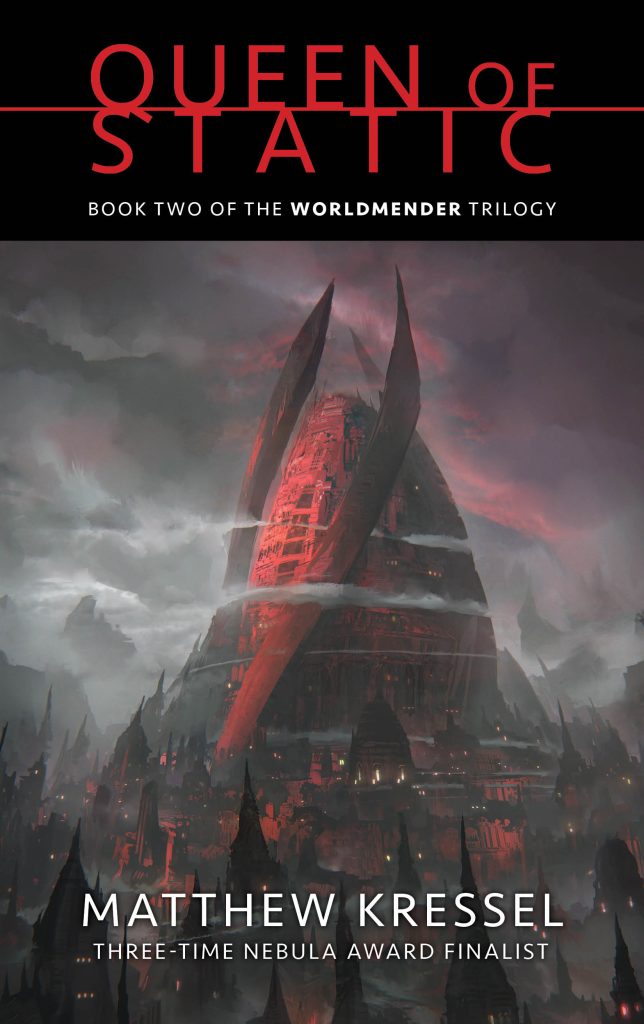

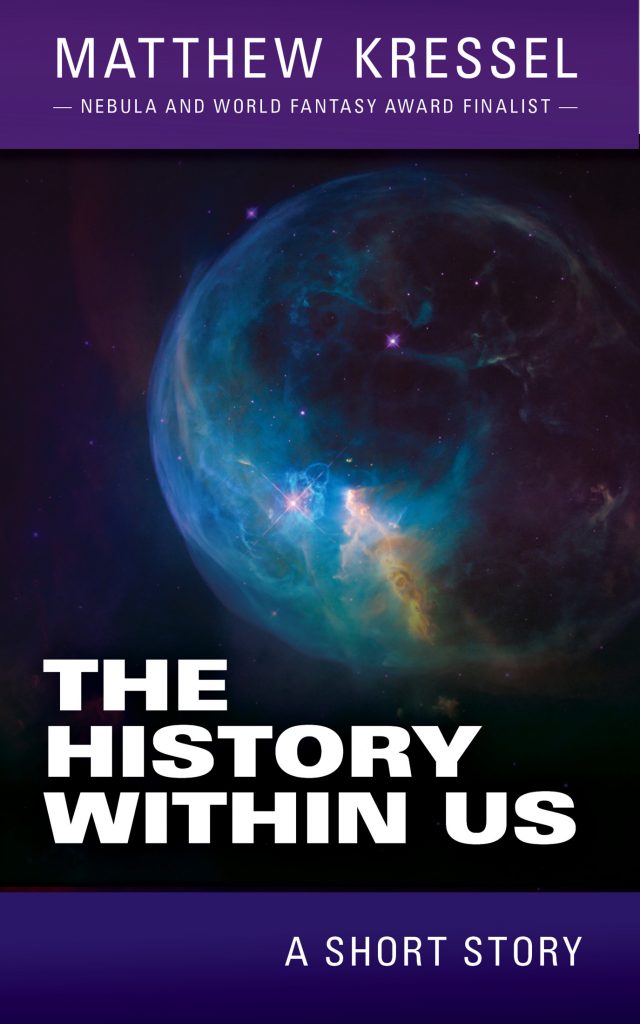
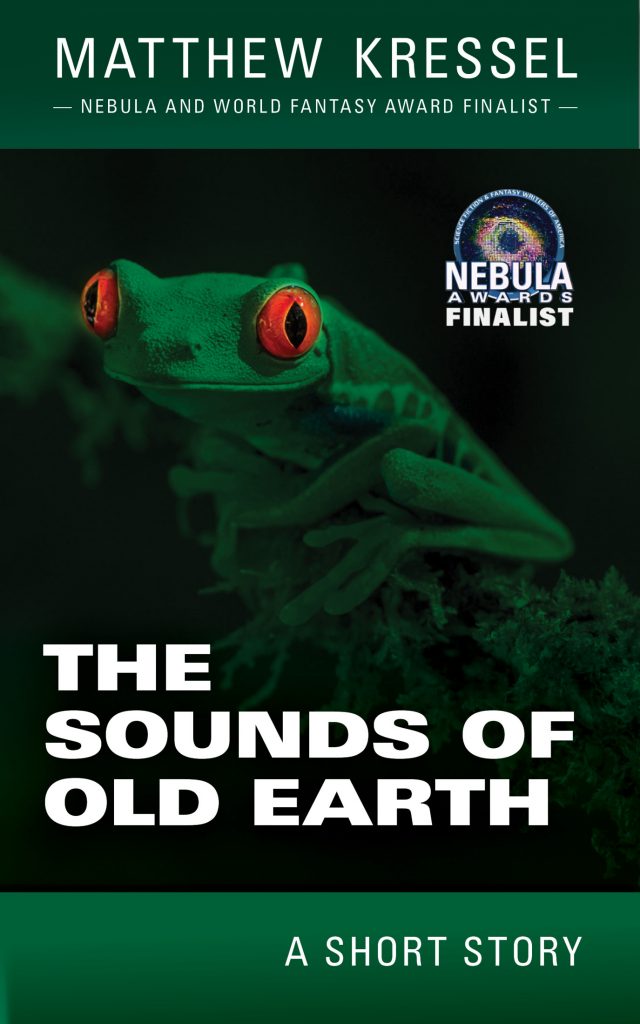
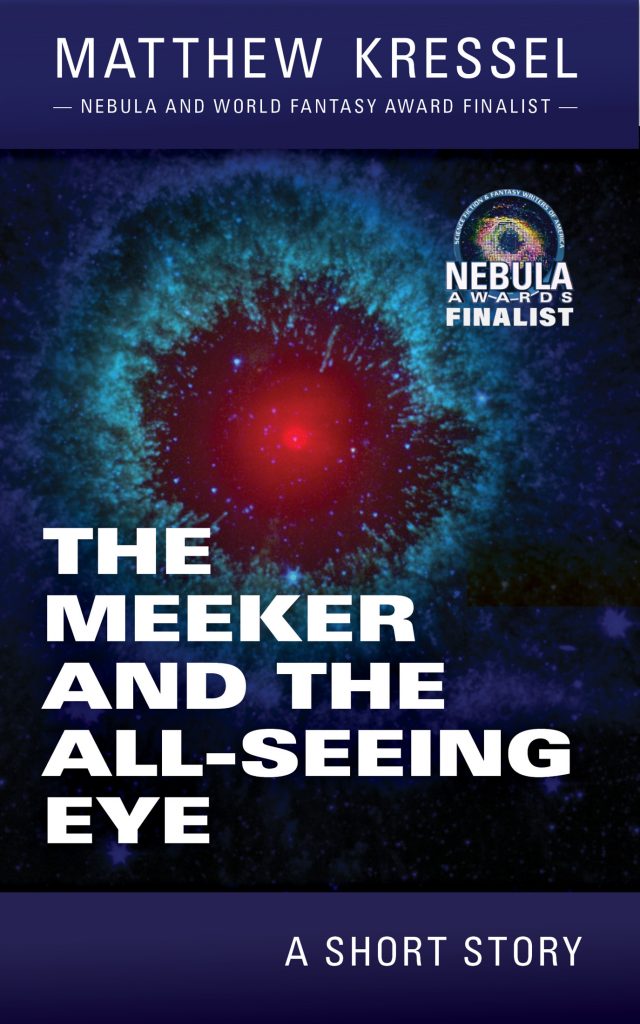

1 Pingback